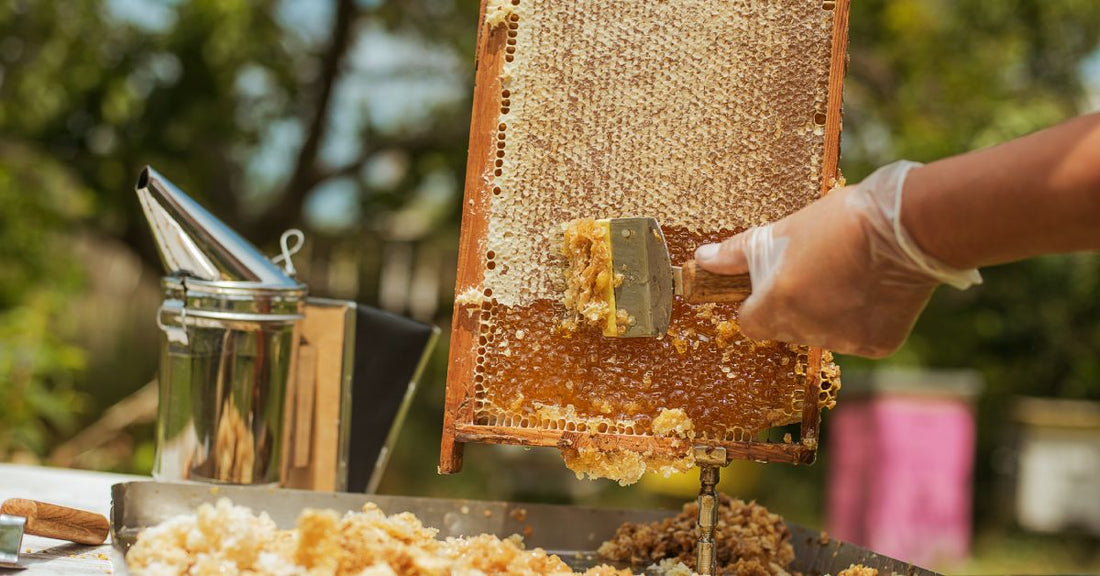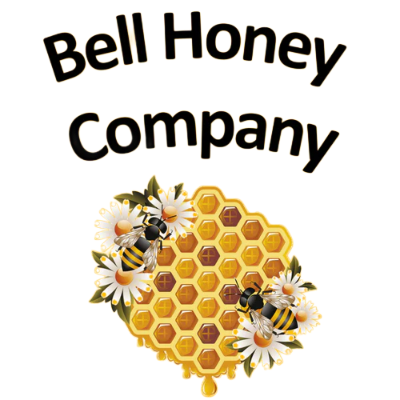
Honey Facts: Why Raw Honey Will Not Expire
Share
Picture this: you open your pantry and spot a jar of honey tucked away behind the rows of spices and canned goods. The label is barely readable, and the top is coated in sticky residue. You hesitate for a moment, wondering if it’s still safe to eat. After all, that jar has been collecting dust for years.
But unlike many other pantry staples, honey does something remarkable. It endures. Wondering why? The answer lies in the fascinating science and natural brilliance behind why raw honey will not expire.
Sugar Content
One of the essential reasons raw honey doesn’t spoil lies in its exceptionally high sugar content. Honey is made up of roughly 80 percent sugar and only 20 percent water. This high sugar concentration creates a hostile environment for bacteria and microorganisms.
Sugar is hygroscopic, meaning it naturally draws water from its surroundings. Any bacteria that end up inside honey succumb to dehydration almost instantly. For living organisms to survive, they need water. Without it, bacteria can’t reproduce or grow. Honey’s sugar-dense structure leaves no room for those tiny troublemakers to thrive.
Water Content
Speaking of water, honey’s low water content plays another crucial role in its ability to last indefinitely. Most foods spoil due to the growth of bacteria or fungi, which thrive in wet, moist environments. But honey refuses to play by those rules. By maintaining a water content of about 17 percent or less, honey prevents spoilage right from the start.
Even if honey absorbs some moisture over time, its structure works to keep the availability of water for microbial growth incredibly low. This results in an environment where spoilage organisms simply cannot survive. Honey protects its integrity, year after year.
Acidity Levels
Raw honey is acidic, and that’s another reason that it has staying power. With a pH ranging between 3.2 and 4.5, raw honey creates an acidic environment where very few microorganisms can survive. They’re essentially stopped in their tracks before they can even begin to grow.
Surprisingly, this acidity supports honey’s long shelf life. While raw honey might crystallize or slightly darken over time, it remains safe and edible. Crystallization doesn’t spoil the honey; it’s simply a natural process for real, raw honey. You can return it to its silky-smooth consistency by gently warming the jar in warm water. But even crystallized, honey remains a powerhouse of taste.
Hydrogen Peroxide
When you think of preservatives, your mind might jump to artificial additives. But honey naturally contains its own antimicrobial agent in the form of hydrogen peroxide.
During the production of honey, bees secrete an enzyme called glucose oxidase into the nectar. When exposed to water, this enzyme breaks down glucose into gluconic acid and hydrogen peroxide.
The small amounts of hydrogen peroxide in honey keep bacteria at bay. It acts as a natural disinfectant, making honey not only edible for long periods but also an excellent remedy for minor cuts and burns.
Production Process
How honey is made is a marvel of nature. Every drop of raw honey undergoes an intricate and precise production process, primarily powered by the bees. Did you know bees are meticulous creatures? They’ve perfected their honey-making techniques over thousands of years, creating a product that’s as timeless as it is tasty.
What the Bees Do

Honey’s journey begins with the bees venturing out in search of nectar, a sugary liquid found in flowers. Nectar, by nature, contains a high water content, making it unsuitable for long-term storage. However, bees are master alchemists, transforming this simple substance into honey through a meticulous, multistep process. Once they collect the nectar, they store it in a special sac called the honey stomach and return to the hive, where the real magic begins.
Inside the hive, worker bees take over the process. They pass the nectar between one another, adding enzymes from their bodies that begin to break down the complex sugars in the nectar into simpler ones like glucose and fructose. This enzymatic activity not only converts nectar into honey but also lowers the pH level, creating a more acidic environment that naturally inhibits the growth of bacteria and other microorganisms.
But the process doesn’t stop there. One of the most critical steps in honey production is reducing the water content of the nectar to create a substance that is both thick and resistant to decay. To achieve this, worker bees fan the nectar with their wings in a carefully controlled environment inside the hive. This constant fanning encourages evaporation, gradually eliminating excess moisture. The remaining honey is so low in water content, typically less than 18 percent, that it becomes an inhospitable environment for bacteria and molds, further ensuring its longevity.
Finally, when the honey reaches the ideal consistency, the bees seal it in individual wax-capped honeycomb cells. These wax caps serve as a natural barrier, protecting the honey from exposure to air and humidity, which could otherwise compromise its purity. This airtight seal is a brilliant adaptation by the bees, ensuring the honey remains fresh and unspoiled, often indefinitely.
Lack of Human Interference
The key to honey’s longevity also comes down to what we don’t do to it. Raw honey, unlike processed honey, isn’t heat-treated or filtered. Over-processing can strip honey of its enzymes, antioxidants, and natural antibacterial properties.
When you choose genuine raw honey, you’re getting it just as nature and the bees intended, with all the natural mechanisms that guard against spoilage.
Sealed Containers

While honey’s natural properties give it a long shelf life, how it’s stored plays a significant role, too. Proper storage in a sealed container ensures it doesn’t absorb moisture from the air, which could tip the balance and allow spoilage to occur.
By keeping your honey in an airtight container and storing it in a cool, dry place, you can enjoy its flavor and benefits for years. A well-kept jar of honey is as close to forever as food gets.
Sweeten Your Pantry With High-Quality Honey
Now that you know the science behind why raw honey will not expire, it’s time to bring some of nature’s most extraordinary creations into your home! At Bell Honey, we take pride in offering the highest quality raw honey straight from the hive. Every spoonful is a testament to the bees’ craft and our commitment to purity.
Shop our products, from honey straws to honeycomb with honey, and experience the unparalleled taste and timeless quality of raw honey for yourself.
